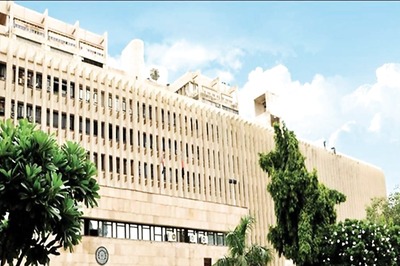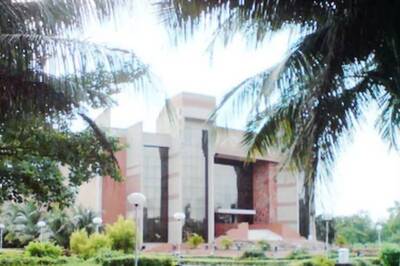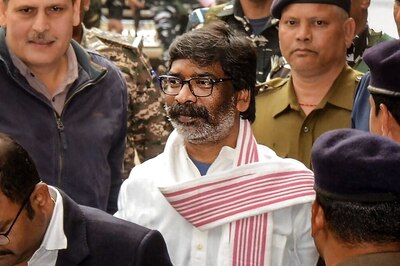
views
Mumbai: The Supreme Court is expected to rule by next week on a long and high-profile dispute between the estranged billionaire Ambani brothers that has unnerved investors unsure about India's future gas pricing policy.
Who are the Ambani brothers
Mukesh Ambani, 53, is the world's fourth-richest man, worth $ 29 billion according to Forbes magazine earlier this year. He controls India's largest listed firm, Reliance Industries, which has interests in oil and gas exploration, petrochemicals, infrastructure and retail sectors.
Anil Ambani, 50, is worth an estimated $ 13.7 billion. He received the telecoms, power, entertainment and financial services interests of the Reliance empire after it was split in 2005 following the death of Dhirubhai Ambani, who built Reliance from scratch.
The Anil Dhirubhai Ambani Group includes India's No.2 telecoms firm, Reliance Communications, and Reliance Infrastructure. The brothers have squabbled frequently since the group's split, before which Mukesh was chairman and managing director of Reliance Industries, and Anil vice-chairman.
What's this row about?
As part of the 2005 family settlement, brokered by their mother Kokilaben, Reliance Industries would supply Anil Ambani's Reliance Natural Resources with 28 million standard cubic metres a day (mmscmd) of gas for 17 years at a rate below the government price.
Reliance Industries argues the private deal cannot take precedence over government policy, which determines who can receive gas and at what price. Anil, who claims otherwise, rolled out a series of front-page adverts in major newspapers accusing the government of taking the side of Reliance Industries.
In a surprise move last year, Anil held out an olive branch to Mukesh, but the brothers have yet to settle their differences.
What's at stake?
The gas, which Reliance Natural wants at almost half the government-set rate of $ 4.2 per million metric British thermal unit (mmBtu), comes from the Krishna Godavari basin off India's east coast, which is operated by Reliance Industries. The field is India's biggest gas find and should nearly double the nation's gas output when production is at full throttle at 80 mmscmd.
Energy-hungry India, which wants to reduce its dependence on foreign oil and become a new frontier for oil and gas exploration, has showcased the Krishna Godavari discovery to attract foreign investors. But analysts worry the Ambani dispute is putting off foreign investors, with government interference in the pricing and marketing of gas raising investment risk in a politically sensitive resource.
A ruling may set a basis for future regulations on gas pricing in India, and could determine whether Reliance Industries makes or loses billions of dollars in potential profits on gas sales.
How is the government involved?
The government initially filed a petition in India's highest court asking to be made a party in the dispute, arguing the family deal was not applicable, and Reliance Industries could only sell gas with its consent. The government later modified its stance, saying it only wanted to assert that it is the rightful owner of the gas.
Anil Ambani has said the petroleum ministry's efforts to control the pricing and sale of gas was the reason for a poor response to the government's global auction of oil and gas exploration blocks last year.
How is the law involved?
The Supreme Court began hearing the case last year in a packed New Delhi courtroom, after the Ambanis appealed an earlier Bombay High Court ruling that the brothers should reach a suitable agreement over gas supplies.
Anil wants the Supreme Court to direct Reliance Industries to supply his company with the gas under the terms they agreed. Reliance Industries argues the private agreement signed by Mukesh is not binding on the company.
The ruling is expected soon as Chief Justice K G Balakrishnan, part of a three-judge bench that heard the case, is set to retire on May 11.
What about the companies' share prices?
Analysts see Reliance Industries, which has a market value of $ 76 billion, gaining about 10 percent if the court rules in its favour. If the ruling goes the other way, the stock could lose 5 percent. The shares have dropped 6 percent this year, compared with a 0.5 percent fall on the main Mumbai index.
Reliance Natural shares could jump by almost a third if the ruling goes in its favour, traders say, but could slide 15 percent or more if the verdict goes against the company.



















Comments
0 comment